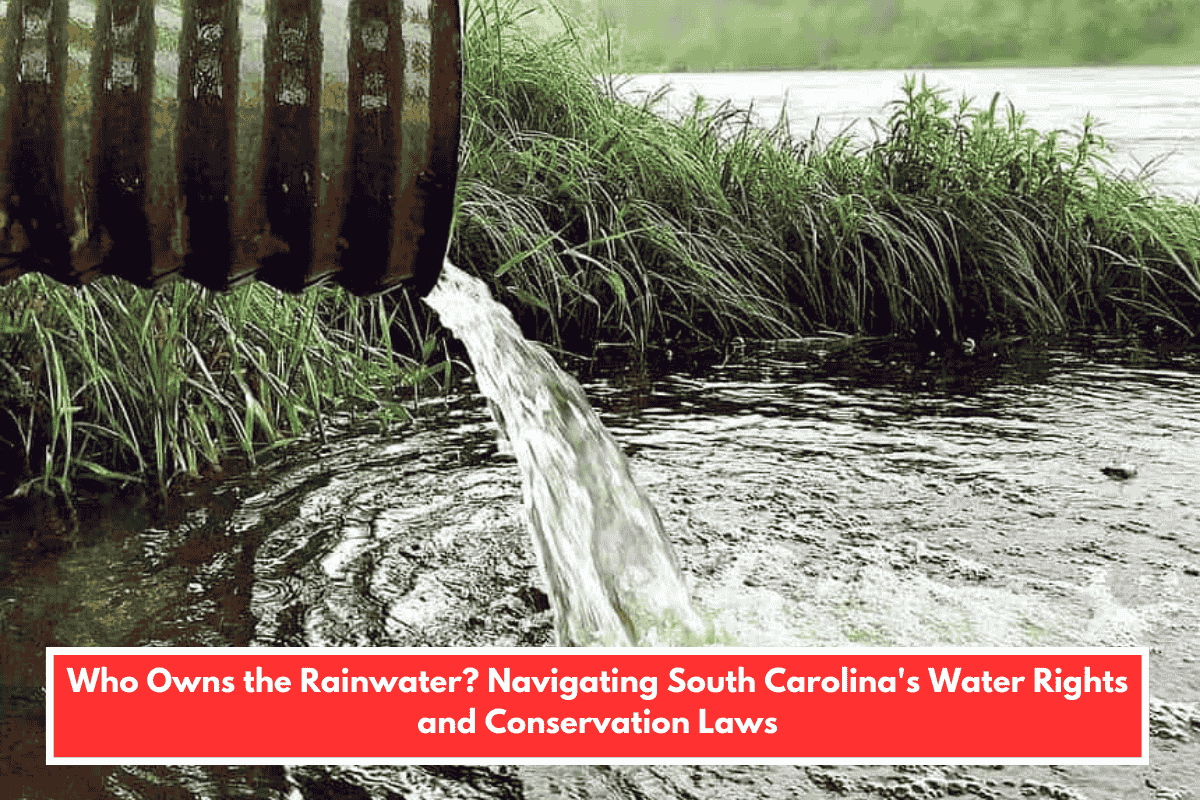If you’re pulled over in Montana, you may be wondering: Can the police search my phone during a traffic stop? The short answer is: No, but with important exceptions. Understanding your rights and the law regarding phone searches during a traffic stop can help you stay informed about what police can and cannot do. Here’s what you need to know.
The Fourth Amendment and Your Rights
The Fourth Amendment of the United States Constitution protects citizens from unreasonable searches and seizures by law enforcement. This means that police generally need a warrant or your consent to search your personal belongings, including your phone. However, there are exceptions and nuances to this rule, especially during a traffic stop.
When Can Police Search Your Phone?
Warrant Requirement:
As a general rule, police must have a search warrant to search your phone. In Montana, just like the rest of the U.S., the Fourth Amendment requires that law enforcement obtain a warrant, supported by probable cause, before they can legally search your phone unless certain exceptions apply.
Exceptions to the Warrant Requirement:
There are specific situations where police do not need a warrant to search your phone. Some of these exceptions include:
Consent: If you voluntarily allow the officer to search your phone, they can do so without a warrant. However, you are not required to consent, and you have the right to refuse a search.
Search Incident to Arrest: If you are arrested during a traffic stop, the police may search your phone incident to the arrest, but this search must be reasonable. For example, the police may be able to check for evidence related to the arrest. However, they cannot search your entire phone, including personal information like text messages or emails, unless the search is directly related to the reason for your arrest.
Exigent Circumstances: In certain urgent situations, such as when there is a threat to public safety or an imminent risk of evidence being destroyed, law enforcement may be able to search your phone without a warrant. These are very limited cases and generally require an immediate threat or emergency.
The Riley v. California Decision (2014):
The U.S. Supreme Court ruled in Riley v. California (2014) that police cannot search the digital contents of a cell phone during an arrest without a warrant, except in very limited situations. This decision specifically protects your phone’s contents (texts, emails, apps, etc.) from warrantless searches, even during arrests. This decision applies nationwide, including in Montana.
Probable Cause and Vehicle Searches:
If an officer has probable cause that your phone contains evidence of a crime, they may be able to seize your phone during a traffic stop or arrest. However, seizing your phone is different from searching it. They would still need a warrant to search the phone unless exigent circumstances apply. If you are not arrested and there is no probable cause, they cannot search your phone.
What Happens If the Police Search My Phone Without a Warrant?
If the police search your phone without a warrant and no exceptions apply, you may have grounds for a legal challenge. Any evidence they collect from the phone may be considered illegally obtained, and therefore inadmissible in court. This is called the exclusionary rule, which is designed to prevent police from using evidence obtained through illegal searches.
If you believe your rights have been violated during a traffic stop in Montana, it’s important to contact a lawyer who specializes in criminal defense. They can help protect your rights and challenge any unlawful actions taken by law enforcement.
What Should You Do During a Traffic Stop in Montana?
Know Your Rights: Remember that you have the right to remain silent, and you do not have to consent to a search of your phone. If the police ask to search your phone, you can politely refuse.
Request a Warrant: If the police want to search your phone and you do not believe there is a legal reason for them to do so, you can ask them if they have a warrant. If they don’t, you are within your rights to refuse the search.
Stay Calm: If you are detained or arrested, always remain calm and cooperative with the officer. However, you do not have to allow the officer to search your phone without a warrant or consent.
Seek Legal Advice: If you feel that your rights have been violated, contact a criminal defense lawyer immediately. They can advise you on the best course of action and whether any evidence obtained illegally should be challenged.
In Montana, just like in other states, police cannot search your phone without a warrant during a traffic stop, unless they have your consent, you are being arrested, or there are exigent circumstances. The Riley v. California ruling ensures that your phone’s digital contents are protected under the Fourth Amendment, and any search without a valid reason could be considered unconstitutional. Always know your rights, and if you feel your rights are being violated, seek legal advice immediately.
SOURCES
[1] https://collincountymagazine.com/2025/07/07/can-montana-police-search-my-phone-during-a-traffic-stop-heres-what-the-law-says/
[2] https://www.montanacriminallawyer.com/post/i-got-pulled-over-now-what
[3] https://www.aclumontana.org/en/know-your-rights/stops-and-arrests-what-do-when-encountering-law-enforcement
[4] https://archive.legmt.gov/bills/2013/Minutes/Senate/Exhibits/jus77a01.pdf
[5] https://www.govtech.com/public-safety/can-police-search-your-phone-during-a-traffic-stop














